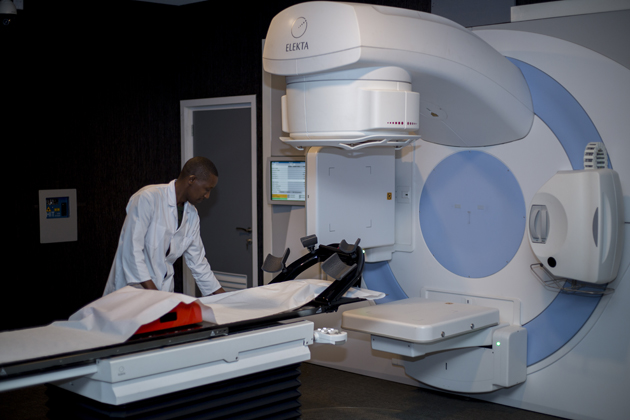The government has announced that its community-based health insurance program, Mutuelle de Santé, will now include coverage for cancer treatment.
This initiative, disclosed on January 17 following a cabinet meeting, aims to reduce the financial burden on families by making cancer care more affordable and accessible.
Dr. Sabin Nsanzimana, the Minister of Health, confirmed that the updated coverage would take effect in July, extending to kidney transplants, prostheses, and 11 other essential health services.
Currently, Mutuelle de Santé covers 90% of medical expenses, but chemotherapy and radiotherapy are excluded, leaving patients to bear the full cost of these expensive treatments. While some cancer surgeries are covered, the high out-of-pocket expenses for critical therapies remain a significant barrier. Treatments can cost millions of Rwandan francs, causing financial strain for many families.
Dr. Theoneste Maniragaba, Director of the Cancer Programme at the Rwanda Biomedical Centre (RBC), emphasized the importance of comprehensive cancer care under the insurance scheme.
“The cost of cancer treatment is prohibitive for many patients, especially for therapies like chemotherapy. We are advocating for the elimination of co-payments for these services to ensure no one is left behind due to financial challenges,” he said.
Dr. Maniragaba added that in addition to expanding insurance coverage, Rwanda is enhancing its healthcare infrastructure to improve cancer diagnosis and treatment. RBC is implementing a five-year strategic plan targeting the most prevalent cancers, including cervical, breast, prostate, and gastrointestinal cancers.
“This plan focuses on early detection through expanded screening programs and improved treatment options, such as radiotherapy and brachytherapy, which are being integrated into health facilities nationwide,” he explained.
Significant progress has already been made in cancer prevention, particularly in cervical cancer. Free screening programs are now available in over 24 districts, aligning with the government’s goal of eliminating cervical cancer by 2027, three years ahead of the global target.
Dr. Maniragaba encouraged Rwandans to utilize these free screenings, highlighting that early detection greatly improves treatment outcomes.
With strong political commitment and ongoing technical preparations, the outlook for cancer care in Rwanda is promising, he noted.



